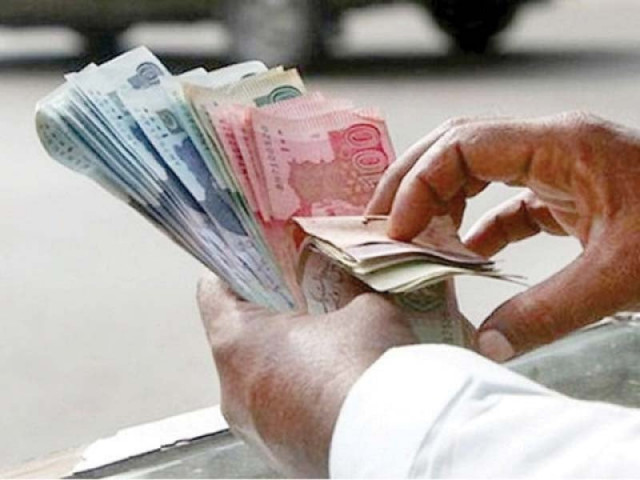Pakistan’s default risk spikes
Reaches new high of 64.2%, indicating country lacks resources for debt repayment on time

Pakistan’s risk of default, measured through the five-year currency default swap (CDS) index, on Monday spiked 4.2 percentage points to a new high at 64.2%, suggesting that the country lacked resources to meet the growing import payments and foreign debt repayments on time.
Pakistan is scheduled to repay $1 billion against a five-year Sukuk (Shariah-compliant bond) maturing on December 5, 2022.
The yield (rate of return) on the Sukuk surged by 964 basis points in a day to 69.96%, according to Topline Research. The spike in the yield suggests that investors are thinking the country may default on the $1 billion Sukuk.
State Bank of Pakistan (SBP) Governor Jameel Ahmad, however, clarified during the day that the country had foreign exchange reserves of “over $9 billion, which are more than enough” to pay for imports and repay foreign debt.
The five-year CDS exhibited a high risk of default after Pakistan announced that Saudi Crown Prince Mohammad bin Salman had postponed his visit to Islamabad and a new date would be announced soon.
The crown prince had been expected to announce investments of over $10 billion during his trip. The expected inflows would have strengthened Pakistan’s foreign exchange reserves.
MSCI review
In its semi-annual review announcement on November 10, 2022, the MSCI removed MCB Bank from its main Frontier Market (FM) index and added it to the Frontier Market small-cap index, the research house said.
Pakistan has now only two constituents left in the MSCI FM index, which include Lucky Cement and Oil and Gas Development Company.
MSCI did not notify Pakistan’s weight in the index, but it is now estimated at 0.7%. The changes to the FM index will come into effect on November 30, 2022.
As per the MSCI’s market classification framework, the size and liquidity requirements for the constituents of the FM index include full-cap market size of $1 billion, free float market capitalisation of $91 million and 2.5% of annualised traded value ratio.
Earlier, Pakistan was reclassified and placed in the MSCI FM from the Emerging Market in November 2021.
According to the MSCI, Pakistan had met the requirements for market accessibility under the classification framework for emerging markets, however, it no longer met the size and liquidity standards, which led to the reclassification.
Published in The Express Tribune, November 15th, 2022.
Like Business on Facebook, follow @TribuneBiz on Twitter to stay informed and join in the conversation.



















COMMENTS
Comments are moderated and generally will be posted if they are on-topic and not abusive.
For more information, please see our Comments FAQ